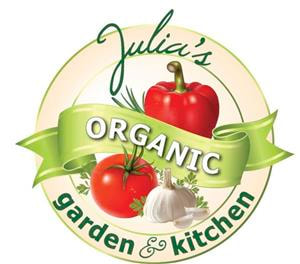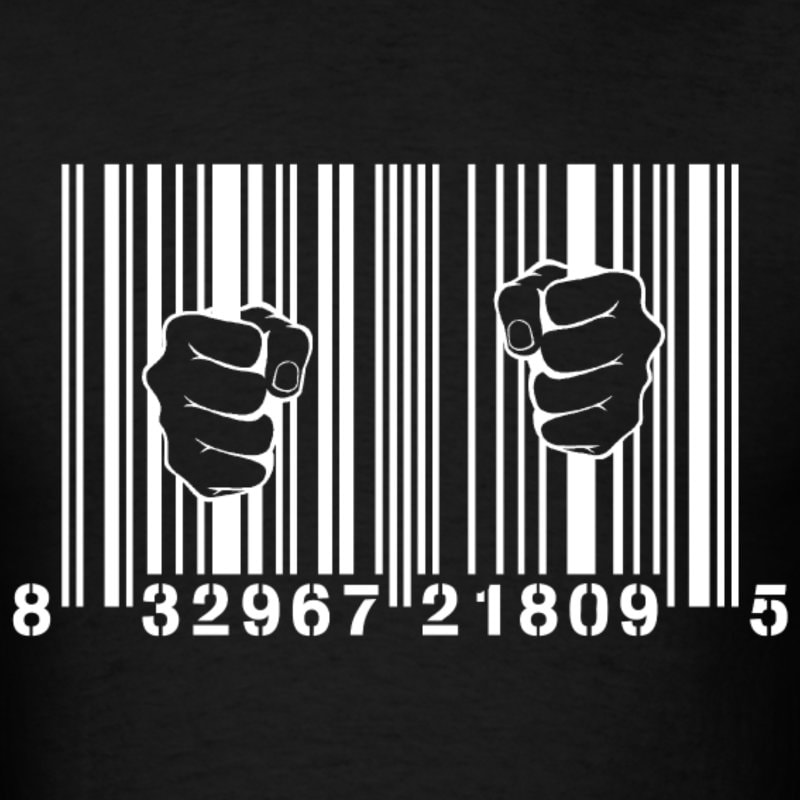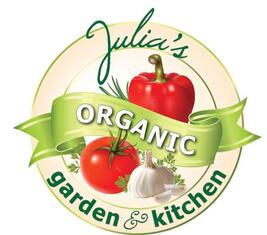Consumerism is the main driver of our economy and thus is a guarantee of our standard and style of life. Consumerism is such a big chunk of our life now that we are spending around four years of our life watching commercials1. Shopping now is a part of our recreational activities and studying how to increase and promote it is a big part of our educational curriculum (economy, mass – media, marketing just to name a few subjects we are studying). So, what is a consumerism? There are quite a few definitions, starting with simple Collins dictionary one: “Consumerism is the belief that it is good to buy and use a lot of goods2”. Or, Merriam Webster dictionary: “The theory that an increasing consumption of goods is economically desirable.3” E. Wright characterises consumerism as “the belief that personal wellbeing and happiness depends to a very large extent on the level of personal consumption, particularly on the purchase of material goods. The idea is not simply that wellbeing depends upon a standard of living above some threshold, but that at the centre of happiness is consumption and material possessions.4” All the above definitions are lucking one major part. The idea of consumerism was developed and now supported by state's ideology (just bear with me, we'll consider it below). Based on the above, we can draw our own definition of this phenomena: “Consumerism are set of beliefs, supported by the official ideology that buying and accumulating goods is the only way of leaving and a core of happiness.” When did we become consumers? The idea of consumerism is quite new and the history of it is recent. 2.History of consumerism. Consumerism became possible in the end of XIX century because of the combination of a few factors. Firstly, it was the temporary abundance of cheap fuel in the form of oil, coal and gas. Together with an industrial revolution and the invention of assembly lines, machinery, powered tools it made possible first time in the human history produce enormous amount of goods at low cost (and this was the major contributing reason of Great Depression later). The goods became available to everyone. Then came the WWII and science pushed development of technology even more: rockets, communication, nuclear power, radars just to name a few. Supply has been outrunning demand in a geometric progression and there come a problem for corporations and government how to create a demand in a geometrical progression to keep up with a profit maximisation (the only one corporate's goal) and avoid recessions and civil unrests (one of the state's purpose). “Buy now, pay later!” and “keeping up with Joneses”, were two genius mottoes, invented by General Motors in the ‘20s. It meant that you don't need to pay for the car right now and you need to update your car model only because the latest is available. As a result in the ‘50s credit cards were introduced as a new financial product available basically to everyone. And nothing fuelled consumerism so much as this, because people started to spend money that they hadn’t earned yet. At the same time USA government and later all countries around the world adopted the new measurement of state's economical success: Gross Domestic Product - monetary value of all the finished goods and services produced within a country in a specific time period. That was the last step of formalisation of consumerism and declaration that it was supported by the state from now. As economist Victor Lebow summed it up in his article published in 1955: “Our enormously productive economy demands that we make consumption our way of life, that we convert the buying and use of goods into rituals, that we seek our spiritual satisfactions, our ego satisfactions, in consumption. The measure of social status, of social acceptance, of prestige, is now to be found in our consumptive patterns.5” This attitude was was adopted by all major economies. Consumerism was born. 3.Economical impact of consumerism. Our current economy (I especially avoid use of term “capitalist'” as I don't want to be seen as ultra left and also because, another type economy I witnessed a few decades ago, the socialistic one, was an ecological disaster also) can expand only when the output rises, the productivity is secondary. The warranty for the most gadgets and appliances now only one year, because their obsolescence is planned. Then they will go to the tip (most of the toxic wastes like mobile phones, for example, will go to the third world country). And we'll buy the new ones. When people stop buying the economy goes into recession (70% of GDP comes from consumer spending). That why we are all being pushed to buy more and more and work harder and longer hours by advertising, marketing, government policies. In 2016 in USA on advertising was spent around $200 billions6 in Australia $13.5 billions7. Can you imagine if all of those billions were poured into medicine, education, infrastructure??? As the consumption and production in our current economies increases, so do the needs of resources. And here comes another ugly side of consumerism. Consumerism expands at the expense of third world countries, making them even more poorer and increases the hunger around the world. How does it work? The rule is very simple: the richer the country, the more it consumes at the expense of others. According to UN statistics, 86% of the world’s resources are consumed by the world’s wealthiest 20%8. If we look up the list of the most consuming countries, the 1st place in consuming belong to USA, “with a per capita carbon footprint of 18.6 tonnes CO2 equivalent, the unit used by researchers to express the sum of the impacts of different greenhouse gases, such as carbon dioxide, methane, nitrous oxide and sulphur hexafluoride. The US was followed closely by Luxembourg, with 18.5 tonnes CO2 equivalent, and Australia, with 17.7 tonnes CO2 equivalent”9. As those countries don't have enough of bio – capacities to maintain their appetite, they are depleting resources from other countries, in the from of mining, extracting resources, using the farming land for producing industrial crop (tobacco, sugar, coffee, just name a few). As “the world can supply only supply 2.1 global average hectares per person, so already, Americans are consuming four times what the Earth sustainably supply10”. Resources are very limited, in a very short time, those “other countries” just will not have them anymore. Besides, consuming natural resources of third world countries, all the major world businesses have moved or in the process of moving heaviest polluting industries in there as well as the ecological standards are much more lower or non – existent. The other problems, like dumping of food surpluses and concentration of farming land in a hand of big companies in third world countries lead to migration of farmers to a big cities in a hope of a better life and that increase a hanger, slams, medical problems, rise of mortality... 4.Ecological impact of consumerism. Perhaps, the most profound impact of consumerism is on our planet. More we consume, more we need to produce. More we produce, more we pollute and environmentally damage the planet in the form of green house gas emission (carbon dioxide, nitrous oxide and methane), soil degradation, forest destruction, soil erosion... This ecological disbalance is very obvious now. And the most apparent demonstration of it is a climate change. Or you can drive your car a few kilometres and have a look at the closest rubbish dump, you'll be very impress, now multiply this dump by a few times, that how much we are going to have only in a few years. Yes, it's very easy to calculate. Just multiply western style of life by 1%,(and it grows much more rapidly with India and China adopting the same consumerism style of life) and it's become more obvious that we are going to use up all the resources very soon and ecological disaster is not that far away. There is around 1.7 billions of consumers around the world (“group of people characterized by diets of highly processed food, desire for bigger houses, more and bigger cars, higher levels of debt, and lifestyles devoted to the accumulation of non-essential goods11”) and it's misleading at least to think that the major culprits of ecological degradation are big companies. According to Norwegian University of Science and Technology's between 60-80 per cent of the impacts on the planet come from household consumption12. A good example is beef that we all love so much. It requires around 15,000 litres of water to produce a a kilo of it, 16 % of world's methane is coming from belching livestock and enormous amount of manure goes into the water and a landfield as a toxic waste (plus a lot of beef exported from third world countries, where the land was cleared for this cash produce, see above). 5.Social impact of consumerism. We are all pushed to work longer hours. To buy bigger houses, latest car models, newest smart phone...Buy, buy, buy... Where is your previous mobile that you bought just a few years ago? In a drawer, gathering dust? Didn't you want it so badly? Why is it in the drawer then? Because you were manipulated to buy it. It worked as follow: celebrities are stating the fashion for a new toys and style of life, elites are copying them and then it trickle down to others; by copying them people can associate themselves with a movie star or a wealthy person. And what is the price? We are all spending less time with families, friends, communities; leaving stressful and meaningful lifes... to accumulate more and get more into debts just to “keep up with Joneses”. 6. Conclusion. This model of economy and lifestyles we are having now are not sustainable in a long run. In a very short time resources will be depleted and ecology will be damaged at a no return point. So, what’s the solution? Frankly, I don't know. If we stop spending our economy will collapse (meaning: total unemployment, crime, taxes are not collected, hospitals, schools are shut....) as we know only this type of economy. Perhaps, we need to reconsider our aggressive consumerist pattern of behaviour. Or come back to Protestantism with it ascetic ethic13. Also, we need to be more careful who we are giving our votes on election. Most of the politicians are just are mere re-presenters of a big businesses. And definitely, the measurement of a Gross Domestic Product should be replaced as it is potentially misleading and treats Earth irreplaceable capital as it were income14. We need to remember that our planet is our home. And its going to be home for our children and grandchildren also. 1https://www.streamingobserver.com/you-literally-waste-years-of-your-life-watching-commercials/ 2https://www.collinsdictionary.com/dictionary/english/consumerism 3https://www.merriam-webster.com/dictionary/consumerism 4https://www.ssc.wisc.edu/~wright/ContemporaryAmericanSociety/Chapter%207%20--%20consumerism%20--%20Norton%20August.pdf 5http://www.gcafh.org/edlab/Lebow.pdf 6https://www.statista.com/statistics/272314/advertising-spending-in-the-us/ 7https://www.statista.com/statistics/272314/advertising-spending-in-the-us/ 8 http://www.globalissues.org/article/238/effects-of-consumerism 9ttps://www.sciencedaily.com/releases/2016/02/16022413292 10https://www.newscientist.com/article/dn17569-consumerism-is-eating-the-future/ 11http://news.nationalgeographic.com/news/2004/01/0111_040112_consumerism.html 12https://www.sciencedaily.com/releases/2016/02/160224132923.htm 13Ironically enough, according to Max Weber, protestantism was one of the major contributing factor among others of development of modern capitalism. See his brilliant book “The Protestant Ethic and the spirit of Capitalism”. 14http://www.postcarbon.org/the-brief-tragic-reign-of-consumerism-and-the-birth-of-a-happy-alternative/
0 Comments
Your comment will be posted after it is approved.
Leave a Reply. |
Archives
February 2020
Categories |
Julia Organic Copyright 2021 Website MapMyBusiness


 RSS Feed
RSS Feed



